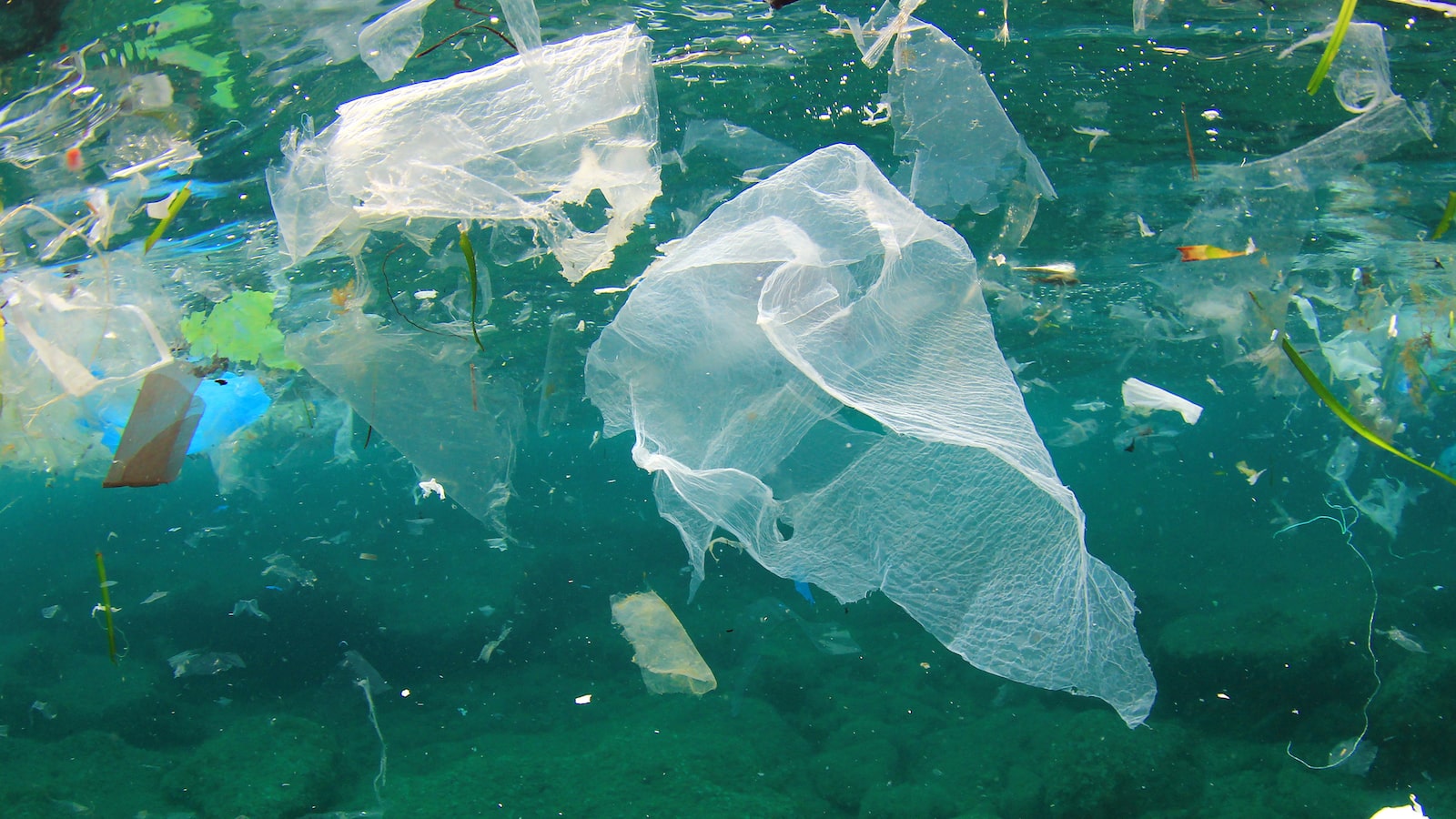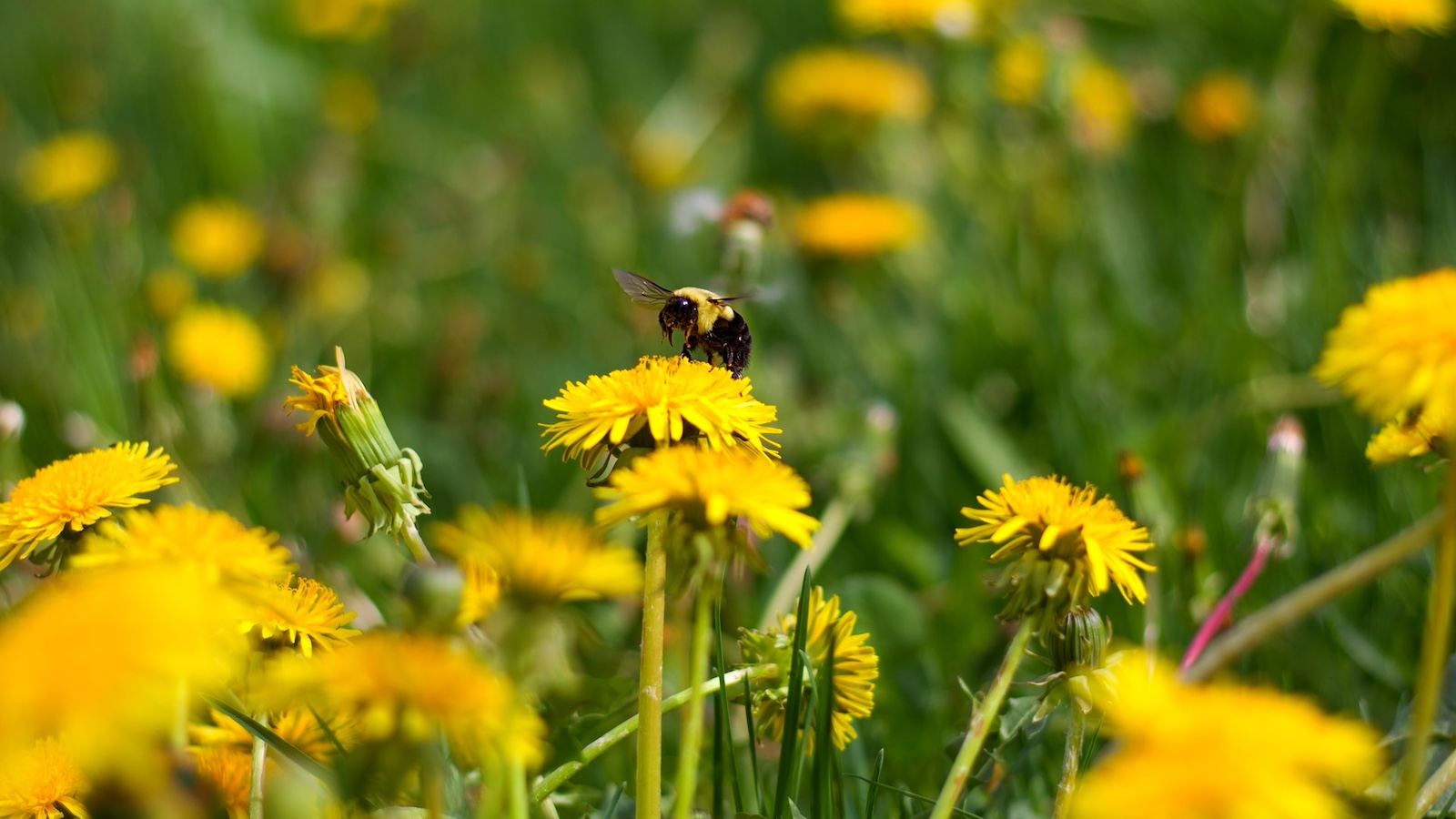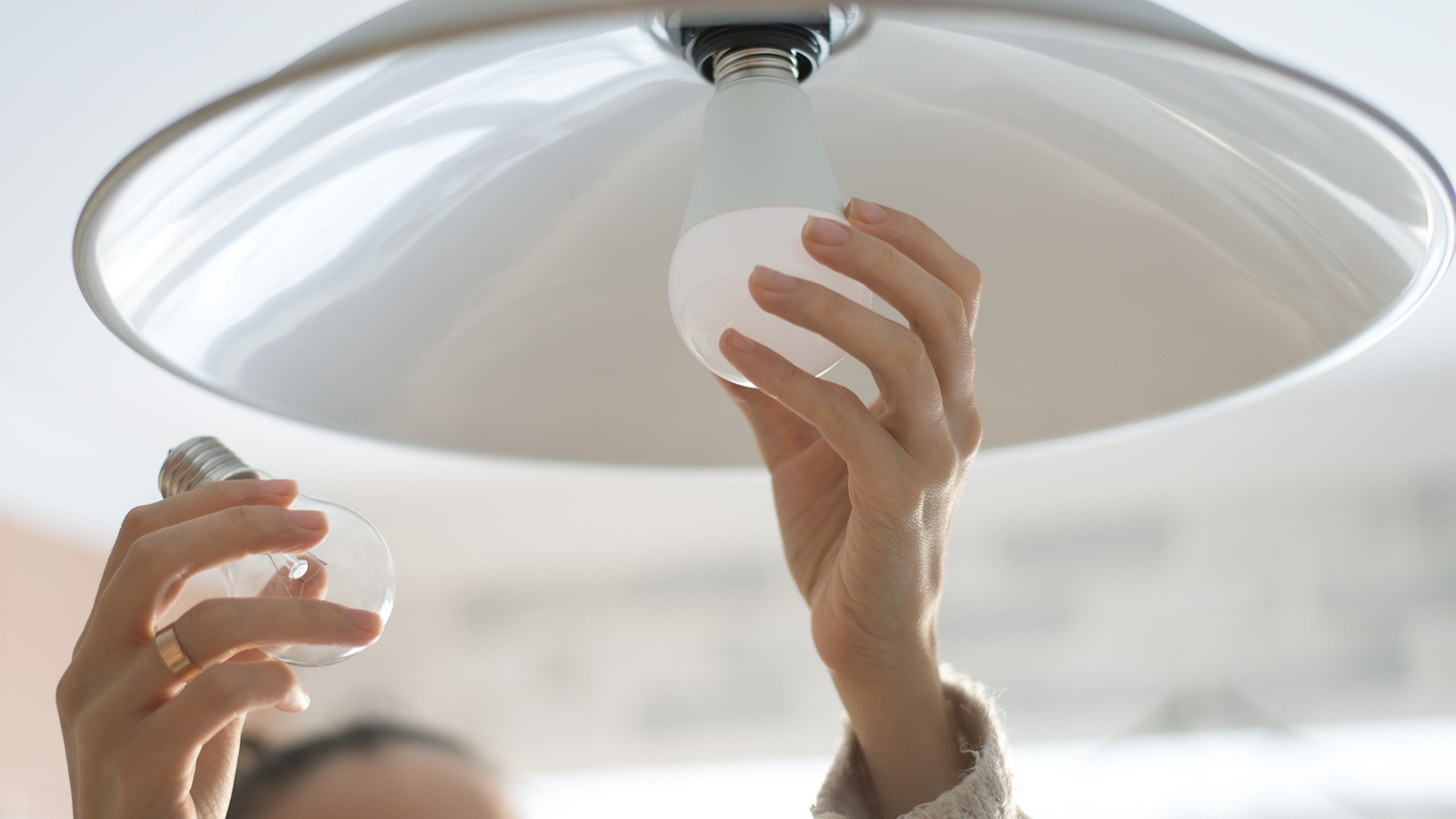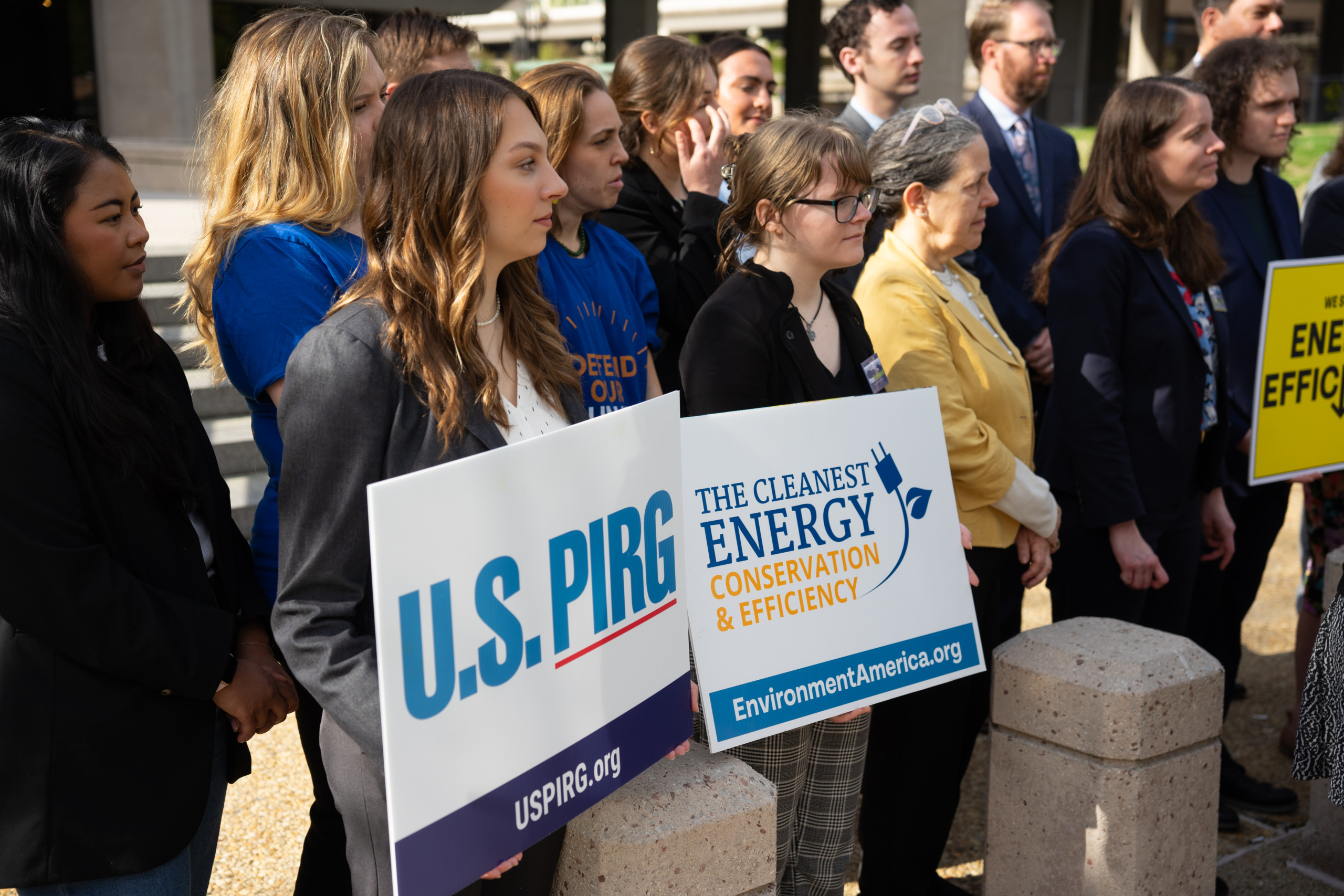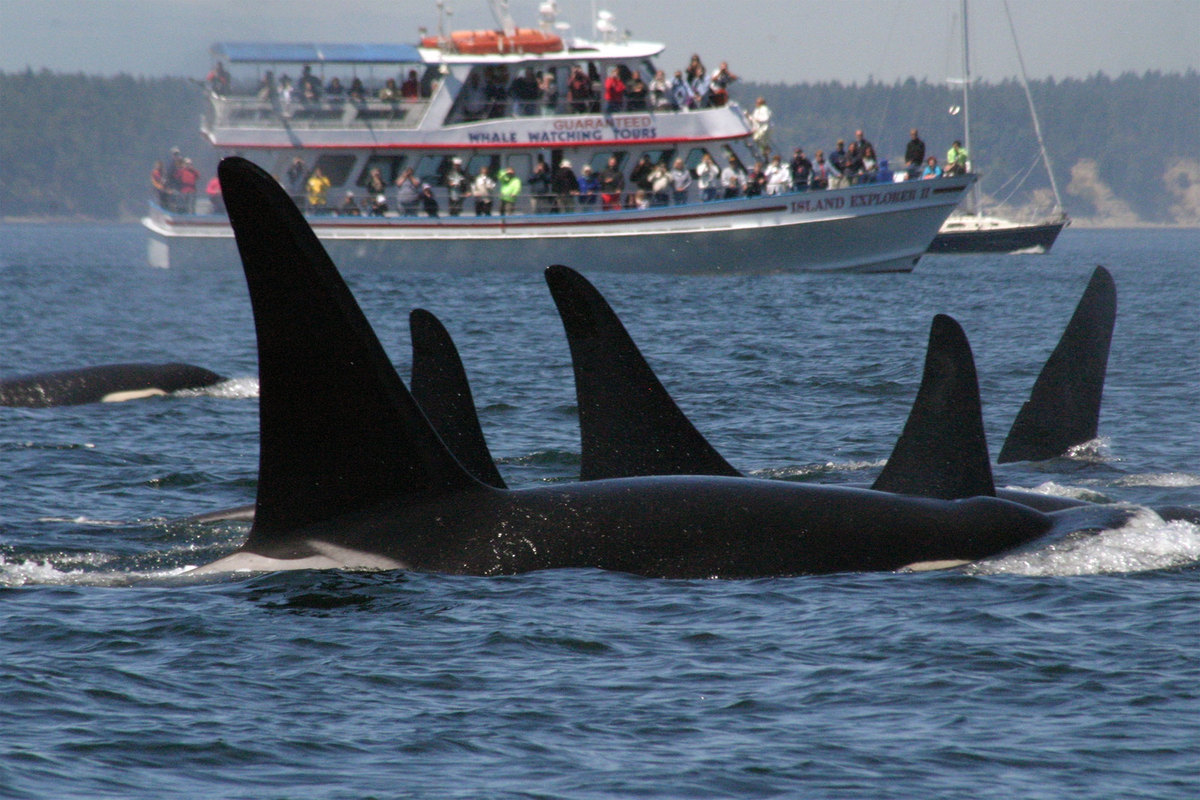Below is an excerpt from Environment Oregon State Director Celeste Meiffren-Swango’s testimony in support of Senate Bill 405:
Plastic is everywhere and in everything. It’s used as packaging, it’s in food service products, and it’s in our clothing. All told, Americans generate over 35 million tons of plastic waste every year– that’s enough plastic to fill the Dallas Cowboys stadium every 16 hours, and that amount is increasing. More than 90% of plastic waste is landfilled, incinerated or ends up in our environment.
Plastic doesn’t degrade in the environment like an apple or a piece of paper, instead it breaks into smaller and smaller pieces called microplastics. Microplastic is plastic less than 5mm in length, or smaller than a grain of rice.
To better understand the scope of the microplastic problem right here in Oregon, volunteers and staff at Environment Oregon sampled 30 of Oregon’s most iconic waterways. We took samples from urban waterways, wild & scenic rivers and iconic lakes across the state and tested them in our “office lab” for microplastics. We compiled our findings into a report called “Microplastics in Oregon.”
We took samples from these 30 waterways and tested them for four types of microplastic pollution:
- Micro Beads: primarily from facial scrubs and other cosmetic products.
- Micro Film: primarily from bags and flexible plastic packaging
- Micro Fragments: primarily from harder plastics or plastic feedstock
- Micro Fibers: primarily from clothing and textiles
Our top line findings:
- No microbeads were found in any of our samples
- 1 site was found to have microplastic film
- Six sites contained microplastic fragments
- 30– so 100% of the waterways we tested– contained microfibers. This includes Crater Lake, Wallowa Lake, the Deschutes River, John Day river, Willamette river and 25 more of our most treasured waterways in Oregon.
According to the Environmental Protection Agency, microfibers are the most prevalent type of microplastic found in the environment. And this is because the majority of clothing on the planet is made from plastic-based synthetic and hybrid materials like polyester, rayon, nylon, acrylic and fleece.
Normal wear and tear will release microplastics into the air, and cleaning these textiles in a washing machine releases millions of microfibers into wastewater infrastructure that treatment plants are unable to fully filter out, so they end up in our waterways. And, of course, that’s not always where they stay. Plastic microfibers from clothes have been found in our food, bottled water, tap water, beer and more.
Senate Bill 405 begins to address this problem by requiring an additional filter be added to new washing machines that will prevent millions of microfibers making their way into our waterways. We support this bill because it is a step in the right direction.
The reality is that if we are going to truly tackle this problem in a meaningful way, we need to stop making so many consumer products– including our clothing and textiles– out of plastic.
But in the meantime, doing whatever we can to prevent these microfibers from polluting our treasured waterways in Oregon and beyond, is a worthy endeavor.
